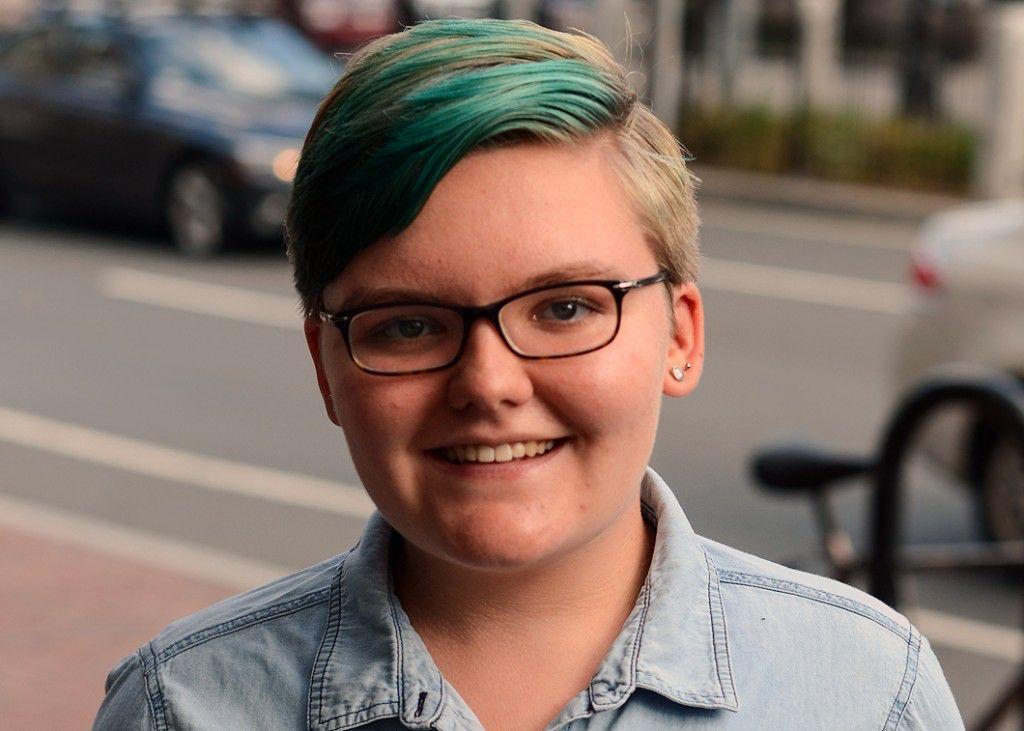Americans have a vaccine to prevent cancer, but no one’s getting it. With how awful cancer is, you’d think this would be all over the news and people would care. You would think that Americans would be lining up to get vaccinated, but they’re not.
Human papillomavirus is the most common sexually transmitted infection in the United States; most sexually active women and men will be infected with a type of HPV in their lives. Yet, according to the Centers for Disease Control and Prevention, 37.6 percent of girls and 13.9 percent of boys ages 13-17 received all three recommended doses of the HPV vaccine in 2013.
Although most of the time, HPV goes away on its own and doesn’t show any signs or symptoms, sometimes it can cause genital warts or cancer. Most people don’t even know they have it until it is too late. This is why it is important to get vaccinated for it. This is why about 4,000 people die each year from cancers caused by HPV. HPV is a silent killer.
So why aren’t people getting their kids vaccinated for it? It’s not just anti-vaxxers. Even people who gladly get the meningococcal and Tdap vaccines choose to opt out of the HPV vaccine. It’s not just because it’s a vaccine. Paul A. Offit of The New York Times said it best in his op-ed “Let’s Not Talk About Sex.”
First, the HPV vaccine is about sex. People question why they have to get a vaccine to prevent a sexually transmitted infection for their 11-year-old. It makes them uncomfortable, and doctors are uncomfortable bringing it up and pushing for it. Newsflash: that 11-year-old won’t stay 11 forever. He or she will grow up and most likely will have sex, so it’s never too early to start preventing cancer.
Our culture likes to demonize sex. It can be argued that meningococcal meningitis and Tetanus can be caught by accident. However, because HPV can only be caught through sex, someone can be blamed. Americans like to pretend that abstinence is a completely normal and reasonable expectation for everyone. When we finally realize it’s not the case, too many people will have died from cancers caused by HPV.
Next, the HPV vaccine is a series of three shots. Many people start the sequence, but don’t finish it. Now, this is more about doctor persistence, making sure that the patient completes the three vaccines. If you didn’t get the HPV vaccine or didn’t finish the sequence, good news! There is a generous window of time to start or complete the sequence. Catch-up vaccines are recommended for males until age 21 and females until age 26, and sometimes even later under other circumstances.
Finally, there are some rumors that the HPV vaccine is unsafe and ineffective. Just like any other vaccine, the HPV vaccine was put through strict testing and regulations before it came to the market. It is very safe with only a few side effects such as dizziness, nausea, headache and fainting. While these may be unpleasant side effects, they are short lived and preferable to cancer.
Some people think the HPV vaccine is ineffective. It is true that the HPV vaccine does not prevent all types of HPV, because it only protects against the main strains that cause cancer. However, just because your bulletproof vest has some holes in it doesn’t mean you should go into battle without it. Any protection is better than no protection, and if we wait until every vaccine is perfect and protects against everything, we will cease to prevent a lot of preventable deaths.
Offit suggests that doctors should start talking about preventing cancer, instead of preventing a sexually transmitted infection. I think this is a good approach, but that doctors should also be busting the perception people have that HPV isn’t that common or harmful. The reality is that people have sex, HPV is almost undetectable and extremely common and therefore, you are at an increased risk for cancer if you aren’t vaccinated. Real facts need to be presented, because while it is a cancer vaccine, people will accuse you of lying to them if they find out more about it on their own and you sugarcoated it.
The doctors are not the only ones at fault here, especially if they are suggesting the vaccine at the right time. Parents who choose not to get their children vaccinated are at fault. Older adolescents who opt not to get the catch-up vaccine are at fault.
If you can get the vaccine up until your twenties and you choose not to, you are putting yourself and others at risk. It will be more difficult to schedule three doctors’ visits while you are in college, but it will also be difficult to schedule those chemotherapy appointments for the cervical cancer you have while working a full-time job.























































































































